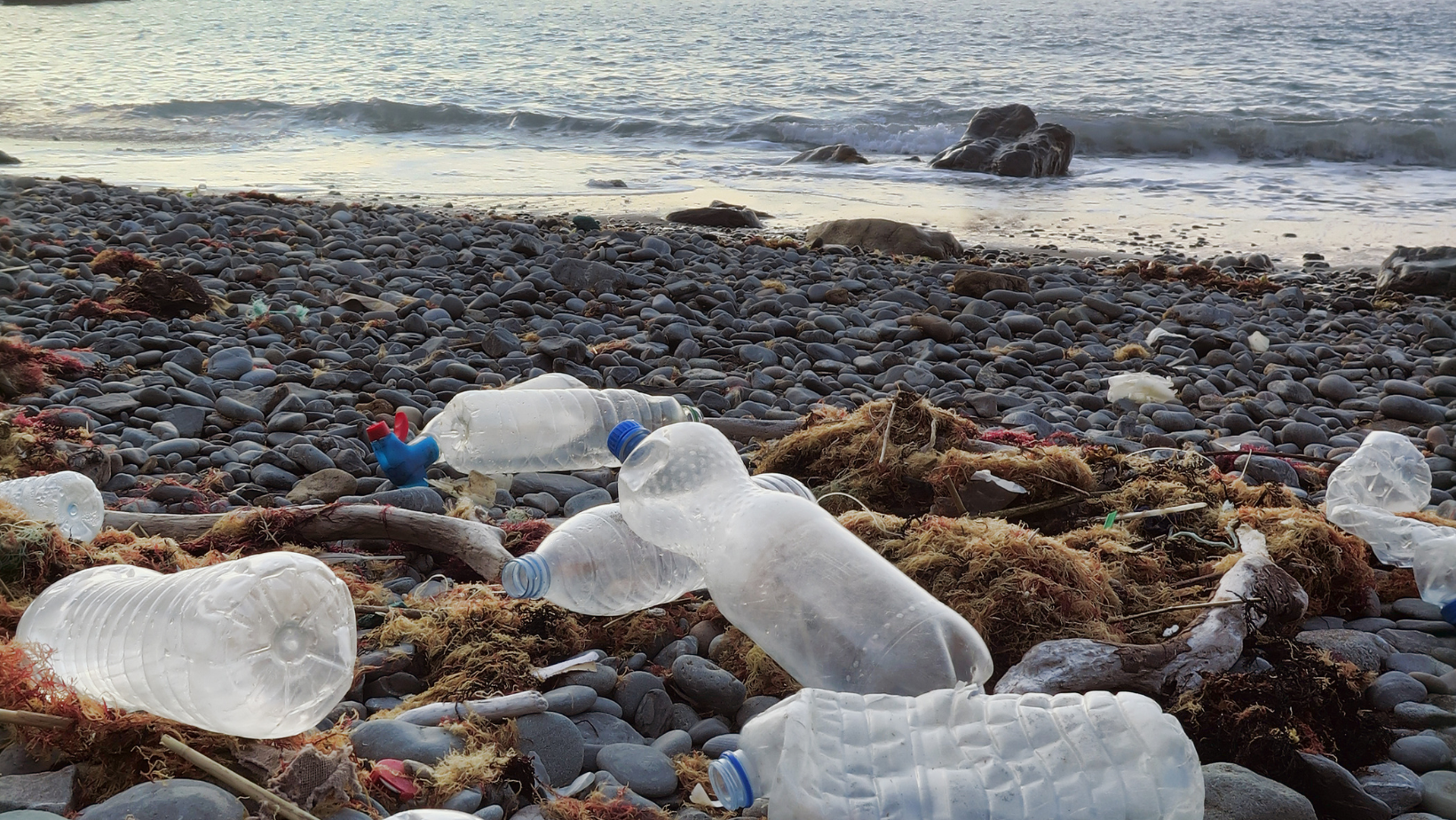LINK members welcome new Circular Economy Bill
Scottish Environment LINK welcomes the publication of the Scottish Government’s Circular Economy Bill. This bill establishes the framework to guide a transition to a more circular economy, including a commitment to introduce consumption reduction targets and plans to meet circular economy objectives. LINK members welcome this as a significant step to drive a more comprehensive approach to the much needed transition to a more circular economy. It also provides the Scottish Government with powers to legislate in new areas, enabling them to restrict the disposal of unsold goods and put a charge on single use packaging.
Phoebe Cochrane from Scottish Environment LINK said:
“The planet can’t sustain our current linear economic system and our economy needs reorienting to cut out waste and drastically reduce our consumption of raw materials. This bill goes some way to sending a clear message to businesses and investors that targets and policies will be steering our economy to one that is more circular. We now need the concrete initiatives to require, incentivise and facilitate a general culture of reuse.”
Kim Pratt, Circular Economy Campaigner for Friends of the Earth Scotland said:
“This new law has the potential to make a big difference to Scotland’s impact on the planet. The climate crisis is a global problem, so we need to take responsibility for the impact which happens outside of our borders due to our consumption of materials. It’s encouraging that the draft bill allows for consumption reduction targets to be set, and we urge the Scottish Parliament to work together and go further to ensure that these targets are strong enough to create a fair and sustainable circular economy for Scotland.”
LINK members are disappointed that the biological cycle, where renewable resources such as food, fibre and timber are created, is not addressed by this bill.
Pete Ritchie, Executive Director at Nourish Scotland said:
“Soils are the cornerstone of a circular economy and measures to ensure their health are conspicuous by their absence in this bill. The circular bioeconomy – closing the loop on nitrogen and phosphorous for example – must be a core consideration for the Bill and the plan.’’
It is also disappointing that the bill did not include specific measures to address particular problematic products or materials.
Catherine Gemmell, Scotland Conservation Officer for the Marine Conservation Society said:
“With an average of 160 litter items found per 100m of beach surveyed in Scotland, our volunteers continue to demonstrate the desperate need to move to a circular economy. We therefore welcome the proposed Circular Economy Bill, especially around introducing powers for charges, which we hope to see on single-use items like cups, and the intent to set targets to increase the amount of items we reuse. We hope to see clarity on the timings and details as the bill moves through parliament.
“Last year, our volunteers found over 30,000 wet wipes on Scottish beaches and plastic or polystyrene cups were recorded on 58% of our surveyed beaches. We need the Scottish Government to also introduce a ban on plastic in single-use wet wipes and disposable vapes, as well as the proposed legislation in this bill for charges. We know that charges, bans, deposit return schemes and targets all work to help increase how much we reuse items. This bill must be ambitious, for the sake of people and planet as it works its way through the Scottish Parliament.”
Catherine Gunby from Fidra said:
“Fidra welcomes the long-awaited Circular Economy Bill and the powers this gives to Scottish Ministers to set targets to reduce consumption, restrict the disposal of unsold consumer goods, impose charges on single use items and tighten up restrictions on household waste and recycling. Critical to the success of this Bill will be the need to reduce the use of harmful chemicals in products and materials and improve their transparency and traceability to ensure products remain in use for as long as possible and are able to be safely repurposed or recycled. If this doesn’t happen, we will continue to see items such as sofas having to be incinerated due to their persistent organic pollutant contamination which can cause harm to human health and the environment. In Scotland, that is over 125,000 sofas per year (ZeroWaste Scotland, 2016).
Barry Fisher, CEO of Keep Scotland Beautiful said:
“We welcome publication of the draft Circular Economy (Scotland) Bill and the range of powers it proposes – the legislation has potential to make a significant difference to Scotland’s environment and the issue of litter and associated pollution.
We were pleased to see the potential the Bill has to tackle our throwaway culture including the duty on Scottish Ministers to publish a 5-year strategy, the setting of consumption reduction targets, charges on single-use items, and the powers that will enable strengthening of the enforcement regimes associated with addressing roadside litter and flytipping. We hope too that, when enacted, the legislation will also have alongside it a commitment to a public engagement campaign that outlines the benefits that this Bill can bring.
We all need to consider what we buy, throw away, and how we treat the places we live, work and visit. By changing our own behaviours we can keep Scotland beautiful.”




